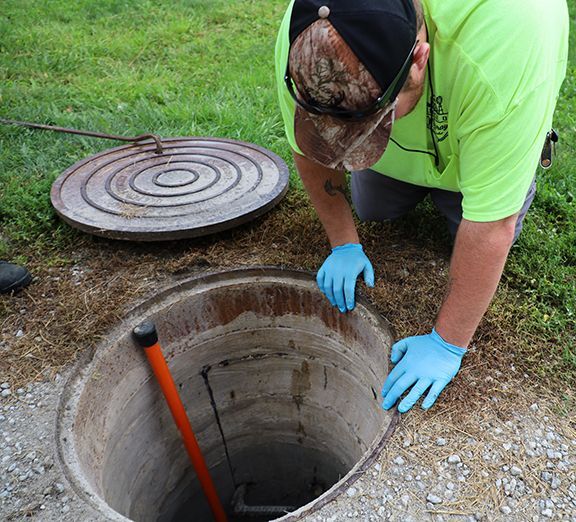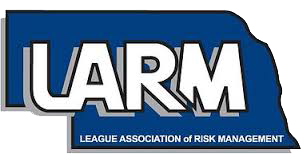
by Dave Bos, LARM Executive Director
Few scenarios better exemplify the importance of municipal risk management and proactive intervention than effective sewer system management within a community. Every community has a sewer system, and without proper attention, it is sure to fail at some point. Having and following a sewer maintenance policy illustrates how foresight, planning, and diligent execution can mitigate liabilities and potential hazards and safeguard valuable assets.
Risk management involves identifying, assessing, and mitigating potential risks to achieve organizational objectives. When applied to sewer systems, this approach translates into a structured framework for anticipating and addressing threats to public health, environmental integrity, and infrastructure resilience.
Many communities grapple with an aging sewer infrastructure plagued by sporadic leaks, blockages, and overflows. Without a clear and concise maintenance policy, the risk of catastrophic failures looms large, posing threats ranging from public health crises to environmental contamination and financial liabilities.
If it hasn't been done previously, local authorities should be proactive by initiating a comprehensive assessment of the sewer system, identifying vulnerable points, assessing potential consequences of failure, and quantifying associated risks. This analysis forms the foundation of a tailored maintenance policy designed to effectively address specific vulnerabilities and mitigate identified risks.
Through public education via public meetings, newsletters, mailings, etc., cities and villages can encourage citizens to become stewards of their sewer systems, allowing them to be important partners in actively contributing to risk mitigation efforts.
Implementation of sewer maintenance policy should include routine inspections, preventive maintenance measures, and targeted upgrades. By allocating resources judiciously and prioritizing high-risk areas, the community optimizes its risk management efforts, enhancing the resilience and reliability of its sewer infrastructure.
Over time, instances of sewage back-ups and overflows should decline significantly. By nipping potential issues in the bud, the community avoids costly repairs and legal liabilities, thus safeguarding its financial stability and reputation.
A community's proactive approach to sewer maintenance fosters a culture of resilience and preparedness, instilling community confidence in the municipal sewer system. Through communication and engagement, local authorities encourage community members to contribute actively to risk mitigation efforts.
It cannot be overstated how important it is to have a good sewer maintenance policy, follow that policy, and document all actions taken in the process.
